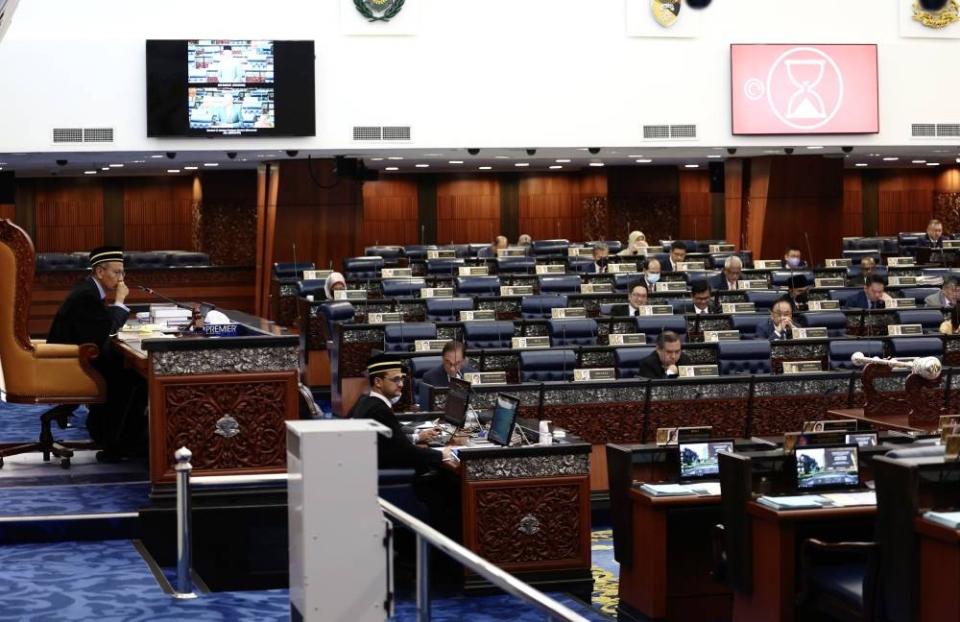Anti-stalking Bill passed unanimously in Parliament

KUALA LUMPUR, Oct 3 — Laws that make stalking an offence were approved today in the Dewan Rakyat following two rounds of debate.
Deputy Minister in the Prime Minister’s Department (Parliament and Law) Datuk Mas Ermieyati Samsudin presented her case and the amendments to be made today and after some clarifications and explanations, the passing of the Bill was unanimously approved.
“We need this amendment to the law and its inclusion as an offence in order to afford more protection to women and I am glad various efforts, together with suggestions from NGOs and stakeholders allowed us to make stalking an offence under the Penal Code.
“I am sure from now on those who are vulnerable and in need of better protections will get them and I want to thank all of those who offered their input. There are many incidents where the perpetrator got away with it but with this amendment, we can prevent that,” she told the Dewan Rakyat today.
The Bill, which is in its second reading, will also require the tabling of the Penal Code (Amendment) Act 2022 and the Criminal Procedure Code (Amendment) (No.2) 2022.
The first amendment that was made was to Act 574 to make stalking an offence. This was followed by the addition of a new Section 507(a) to Act 574 that stipulates offences for stalking.
Section 507(a) states that whoever repeatedly by any act of harassment, intending to cause, or knowing or ought to know that the act is likely to cause, distress, fear or alarm to any person or the person’s safety, commits the offence of stalking.
Meanwhile, Subsection (1) states that the act of harassment may include following a person in any manner or by any means, communication or attempting to communicate with a person in any manner of by any means, loitering at the place of residence or business of a person and giving or sending anything to a person in any manner or by any means.
Further, whoever commits the offence of stalking shall be punished with imprisonment for a term which may extend to three years or with fine or both and for final clarification the section uses the word ‘repeatedly’ which shall refer to at least two occasions.


